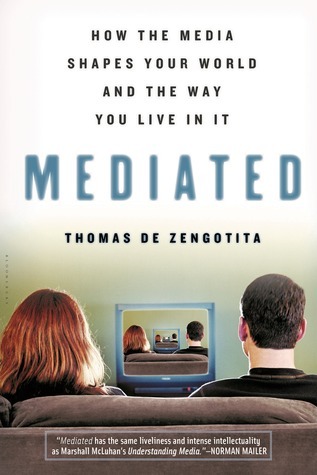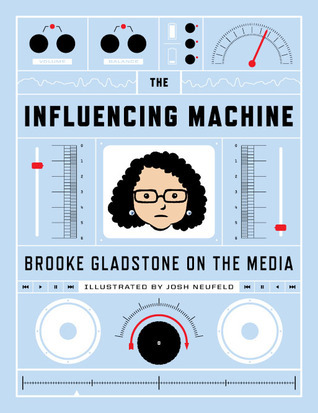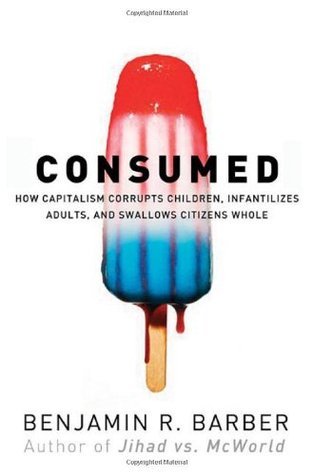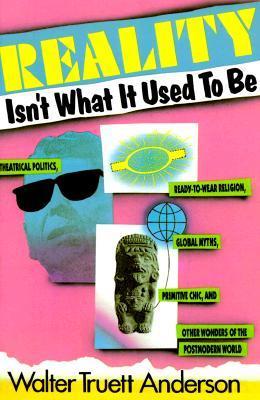
Mediated
Book Description
In a world where reality is just a click away, the lines between genuine connection and mediated experience blur, leaving individuals lost in a digital abyss. Thomas de Zengotita delves into the chaos of modern life, exposing the emotional stakes of our relentless pursuit of validation and connection through screens. As relationships fracture under the weight of expectation, the fallout reveals the haunting truth: what are we truly sacrificing for our curated identities? Discover the pulse of contemporary existence as deep questions linger in the air. Are we living authentic lives, or merely reflecting the flicker of a screen?
Quick Book Summary
"Mediated" by Thomas de Zengotita examines how contemporary society is shaped by the omnipresence of media—be it television, social networks, or digital platforms. De Zengotita argues that our experiences, emotions, and identities are increasingly filtered through layers of media, blurring the line between authenticity and performance. As individuals curate themselves for constant audiences, a sense of self-consciousness permeates social interactions. This incessant mediation, he suggests, erodes genuine connection and fosters anxieties around validation and self-worth. Through cultural examples and incisive analysis, the book questions what—if anything—remains authentic in an age of endless representation. By revealing the subtle and pervasive influence of mediated experiences, de Zengotita calls readers to reconsider the costs of living through screens and the emotional consequences of a thoroughly mediated reality.
Summary of Key Ideas
Table of Contents
The Proliferation of Media Layers in Everyday Life
De Zengotita opens with a sweeping analysis of how media has come to infiltrate every aspect of contemporary life. He explains that nearly all our experiences—including those once considered personal or private—are now filtered, recorded, or performed for an audience. Whether through television, advertising, or social networking, media has become the mediator between reality and perception, fundamentally altering what we recognize as "real." This omnipresence creates a new world in which people are never merely participants; they are always performers under the gaze of an imagined or actual audience.
Identity as Performance and the Curated Self
He delves into the concept of self-curation, arguing that individuals habitually construct and reconstruct their identities in response to how they perceive themselves being perceived. The self, he posits, becomes less a fixed essence and more a dynamic project—a performative entity shaped by feedback and expectation. Platforms like social media magnify this tendency, making the negotiation of one’s identity a public, ongoing process. The result is a heightened self-consciousness, as individuals seek both validation and differentiation in a sea of similarly mediated personas.
Escalating Emotional Stakes in Pursuit of Validation
The emotional landscape, de Zengotita contends, is fundamentally transformed by this mediation. Each gesture, image, or statement is loaded with potential meaning, amplified by the prospect of being received and judged by vast networks. This generates both excitement and anxiety as people chase the ever-elusive sensation of being "truly seen." The emotional stakes are raised, as relationships become transactional and validation is rationed in the form of likes, shares, and fleeting attention. People risk a form of emotional numbness, caught between exposure and the fear of deeper invisibility.
Erosion of Authentic Connection and Experience
As media continues to shape expectations and experiences, de Zengotita exposes a growing deficit in authenticity and connection. Relationships are saturated with the expectation of performance, leading to a paradoxical sense of alienation in a hyper-connected world. Even attempts at sincerity or unplugging become theatrical gestures, mediated and observed. Meaningful experience appears increasingly elusive as layers of representation obscure direct interaction with reality.
Cultural and Societal Consequences of Mediation
Finally, the book looks outward to consider the wider cultural and societal effects of pervasive mediation. De Zengotita argues that the unending negotiation of identities and realities warps both individual psychology and public discourse. Issues such as politics, activism, and community are filtered through the same dynamic, making it difficult to discern genuine conviction from image-making. Ultimately, he invites readers to reflect on what is truly lost—and what might be reclaimed—in a world defined by its endless screens.
Download This Summary
Get a free PDF of this summary instantly — no email required.





